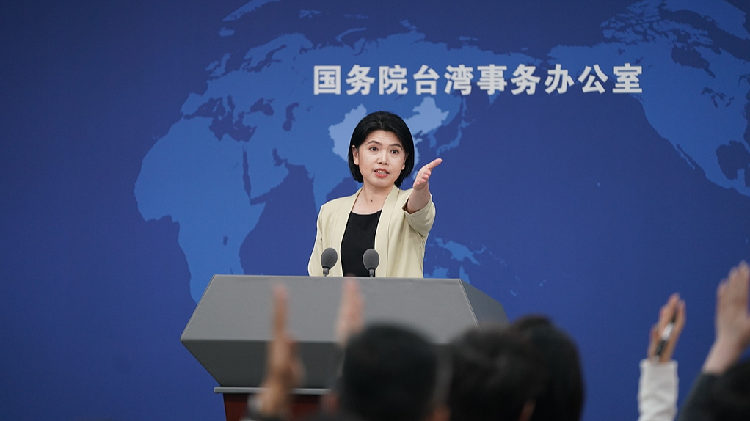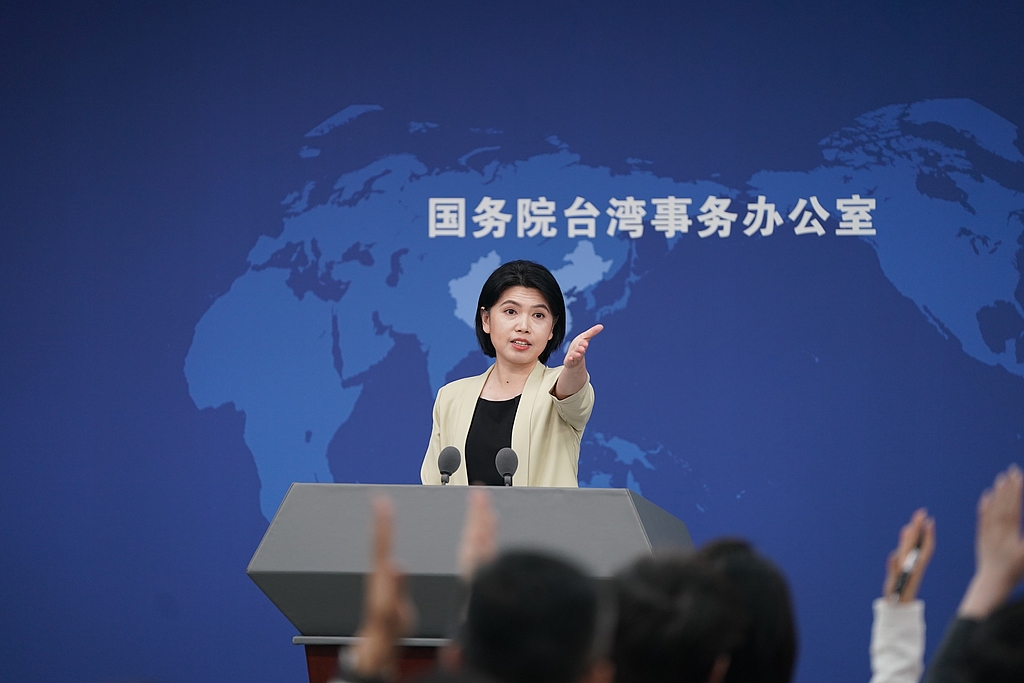China's Mainland Fires Warning to DPP: Forgetting Heritage Will Lead to Major Consequences
Mainland warns DPP: "Those who forget their heritage will come to no good end" amid cross-strait cultural tensions


A spokesperson for the mainland government delivered a pointed message to the Democratic Progressive Party (DPP) authorities in Taiwan on Wednesday, stating that "those who forget their heritage will come to no good end." The comments came in response to the DPP's public criticism of the recently concluded second Cross-Strait Chinese Culture Summit, which highlighted longstanding sensitivities surrounding cultural and political identity across the Taiwan Strait.
During a press conference in Beijing, Zhu Fenglian, spokesperson for the Taiwan Affairs Office of the State Council, condemned the Taiwan Mainland Affairs Council after it described the summit as a "politically charged united front event." Zhu strongly objected to recent reports that DPP authorities have threatened investigations into Taiwan-based business leaders who participated in the forum and expressed support for a Chinese cultural identity.
Zhu underscored the shared roots between people on both sides of the strait, noting that they possess common ancestry, language, and cultural traditions. "We are one family with blood ties and a shared destiny," Zhu said, reiterating the mainland's position that cultural exchange and cooperation should not be politicized. She emphasized the significance of the Cross-Strait Chinese Culture Summit as a platform for dialogue and mutual understanding.
Highlighting the event's theme of "inheritance, promotion, and development," Zhu reported that over 800 participants from academia and the cultural sector attended the summit. According to the spokesperson, many Taiwanese attendees openly acknowledged the importance of preserving and celebrating a shared cultural heritage, with several voicing their support for cross-strait identity and cooperation.
"This is their right and freedom," Zhu asserted, describing this sentiment as representative of a broad desire among the people of Taiwan for peace, development, dialogue, and cooperation. She argued that such cultural participation reflects the mainstream opinion on the island, contrary to attempts by the DPP to construe the event in purely political terms.
In a direct critique, Zhu accused the DPP of placing political interests above cultural unity, warning that efforts to stir up anti-mainland sentiment serve to divide rather than unite. "By hyping up so-called united front threats, stirring anti-mainland sentiment, and intimidating those who support peaceful cross-Straits relations, the DPP has revealed its true nature: authoritarianism under the guise of democracy," she declared.
The exchange reflects ongoing tensions over Taiwan's future and the delicate balance between cultural connection and political autonomy. As both sides continue to debate the meaning and direction of cross-strait relations, platforms like the Chinese Culture Summit are likely to remain flashpoints in the broader struggle over heritage and identity.




